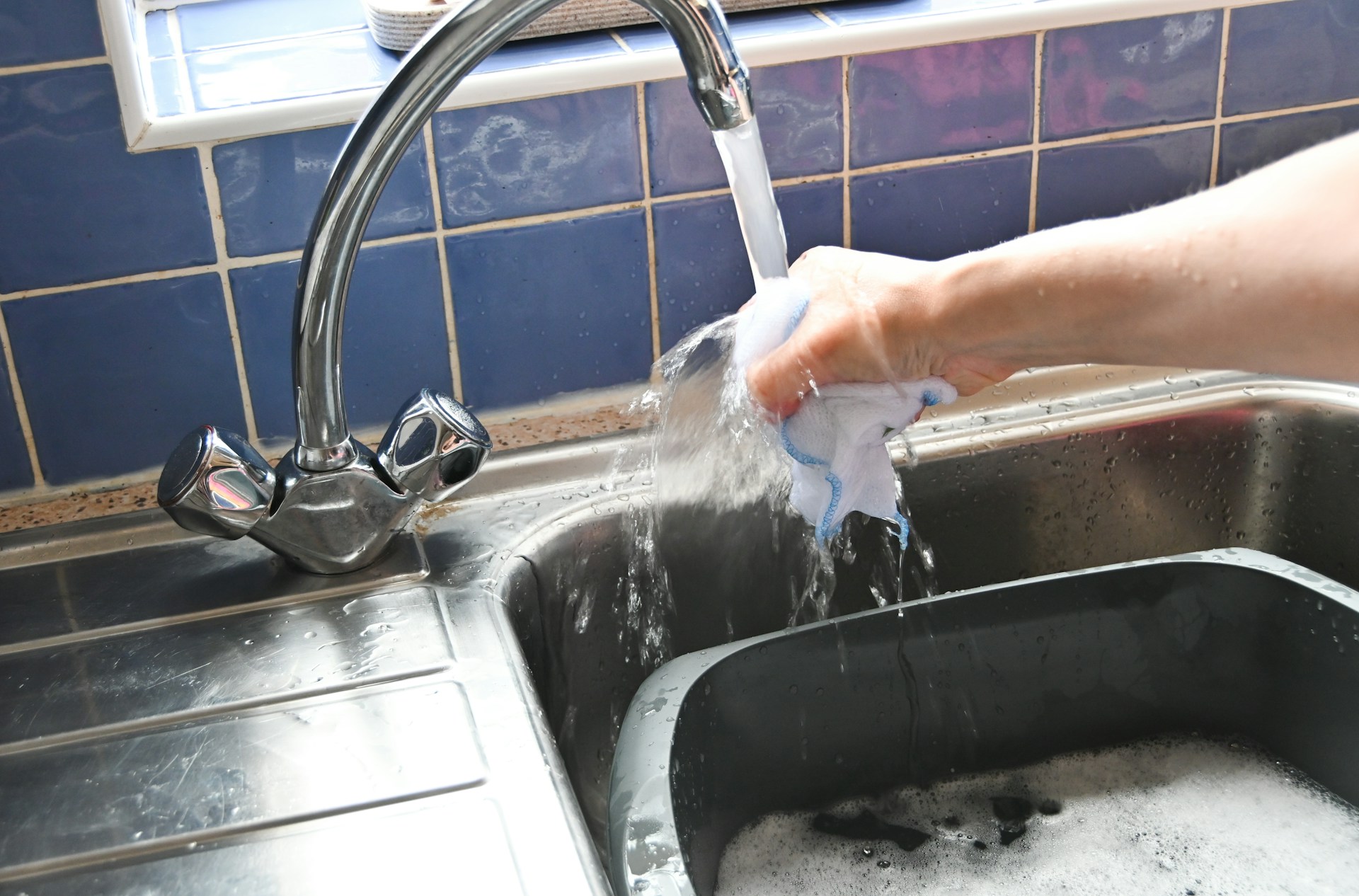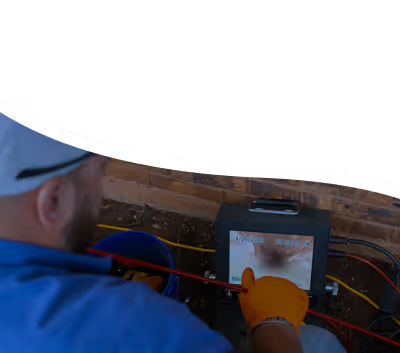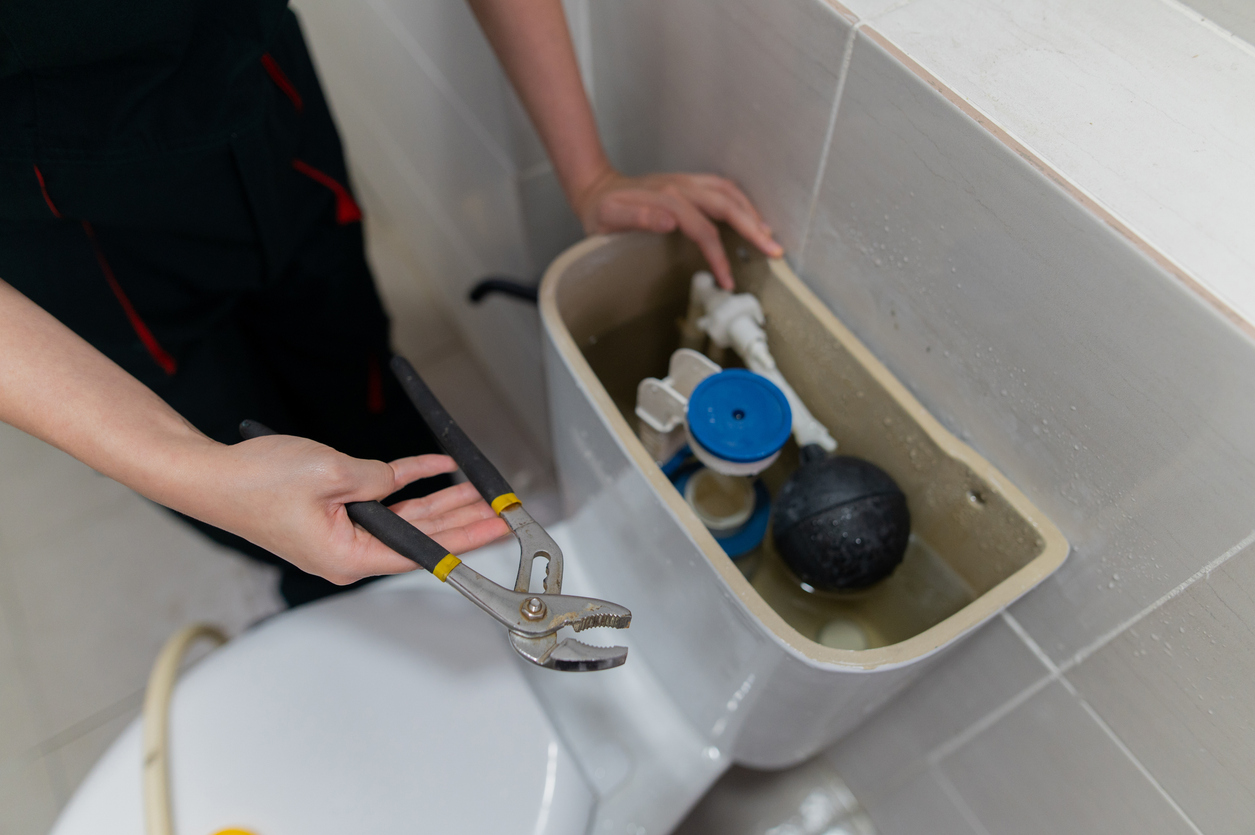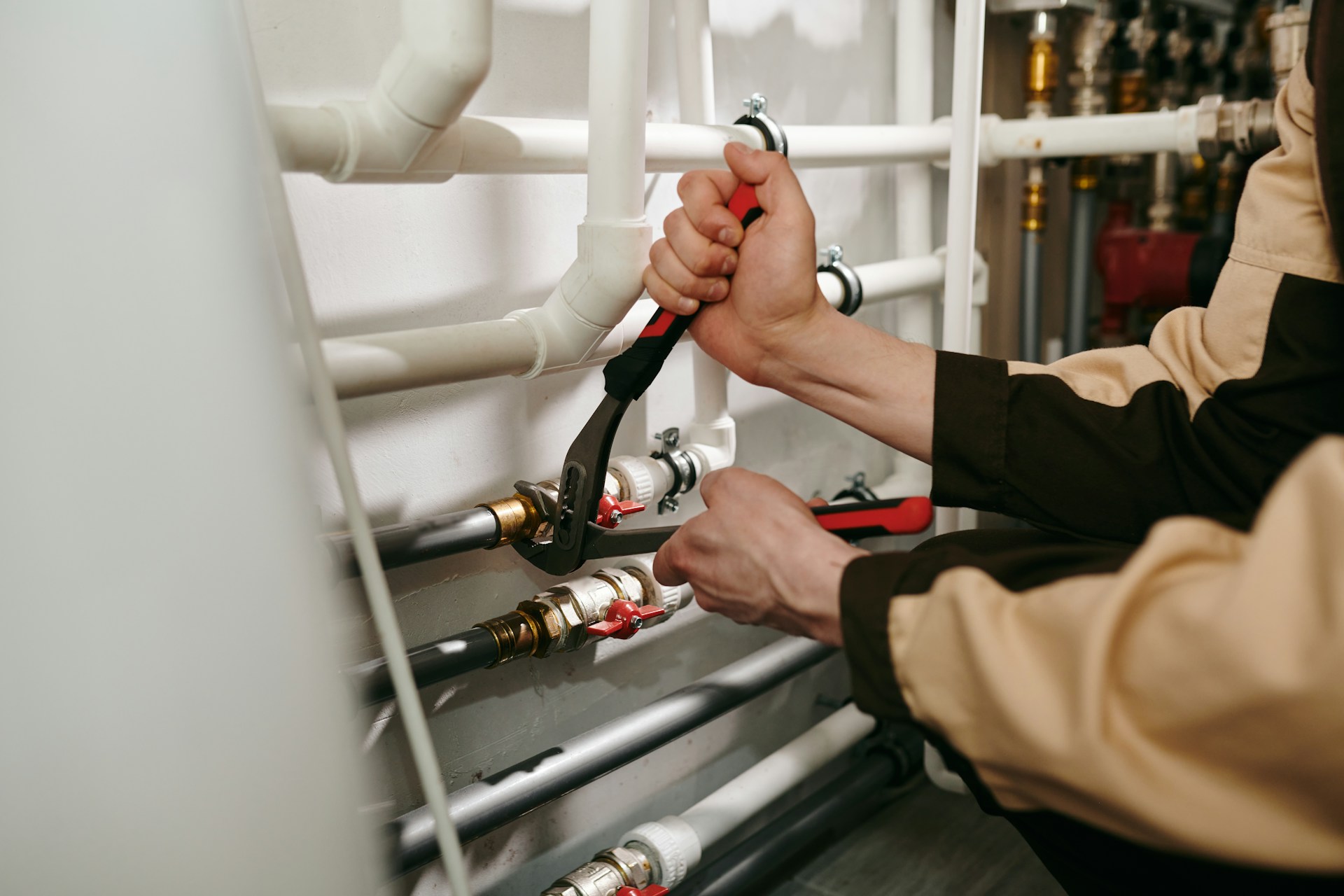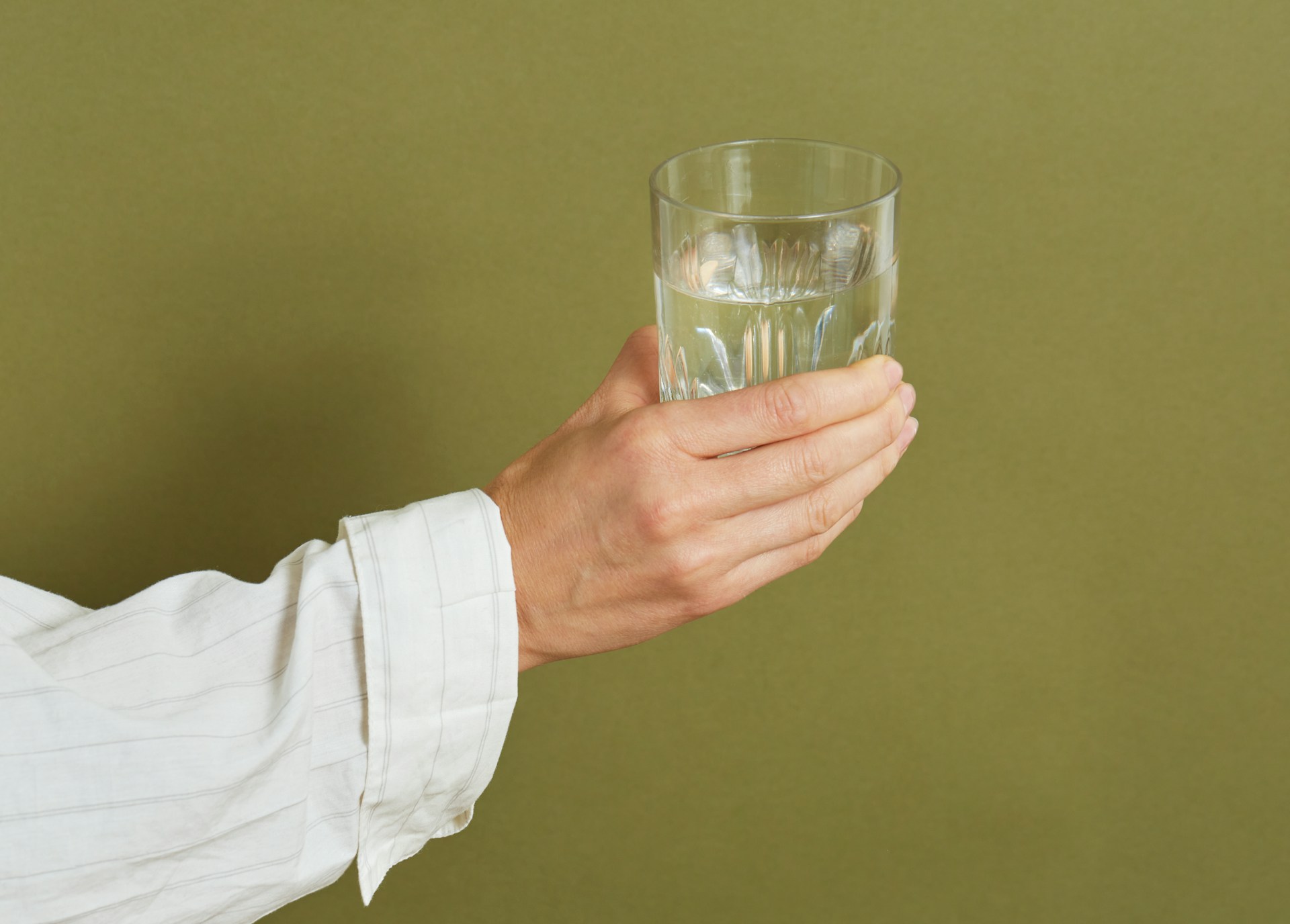If you've recently turned on your tap in Clyde and noticed cloudy water flowing out, you're not alone. This issue is something many homeowners come across, and it can feel frustrating or even a little concerning. It might look harmless at first, but cloudy water can point to different problems inside your plumbing system—some minor and temporary, others worth looking into right away. While the issue might clear up on its own after a few minutes, it still raises the question: what’s really going on with your water supply?
Ignoring cloudy water can lead to bigger problems down the line, both for your health and your home’s plumbing. It's not just about appearance—cloudy or milky water can signal issues like sediment buildup or pipe corrosion that need to be handled before they get worse. If left alone, they can impact water pressure, stain your fixtures, or even damage your water heater. Understanding the causes behind this change in water quality is the first step toward finding the right solution and keeping your home’s water clean and safe.
Common Causes Of Cloudy Water
When tap water appears cloudy, it’s often the result of one or more simple explanations. Some causes are harmless, while others might need help from plumbing professionals to fix properly.
1. Air Bubbles
Trapped air is one of the most common reasons water looks cloudy. This happens when tiny air bubbles become mixed into the water stream. It’s especially common after maintenance on the water supply lines, water pressure changes, or very cold weather conditions when the water holds more air than usual.
A quick test is to fill a clear glass with cloudy water and let it sit for a minute. If the cloudiness starts to clear from the bottom up and the water becomes transparent, the issue is most likely air bubbles. While not harmful, repeated or ongoing signs of air in the water may point to pressure irregularities or small leaks in the plumbing.
2. Sediment and Mineral Deposits
If the cloudy look doesn't go away after sitting still, sediment or mineral deposits may be to blame. This is more common in homes with older plumbing or in areas where the water carries naturally high mineral content. Clyde’s local water supply contains varying levels of calcium, magnesium, and other deposits that can build up in pipes and disrupt water clarity over time. These particles stay in the water and make it look cloudy, gritty, or slightly colored.
This issue tends to be more noticeable when water hasn’t been used for several hours, such as early in the morning or after returning from a trip. Sediments can also settle in water heaters, further spreading through your plumbing when water is used throughout the home.
3. Pipe Corrosion
Another possibility is corrosion inside aging pipes. Older plumbing made of galvanized steel or even copper can corrode on the inside, causing rust or small flakes to mix into the water supply. This gives water a cloudy or brown tint, and in some cases, you'll see tiny debris at the bottom of cups or tubs. If you notice stains on your sinks or bathtubs along with cloudy water, it’s a strong sign that corrosion could be the source.
Homes in Clyde with plumbing over a few decades old are more likely to deal with this issue. Corrosion not only affects water clarity but can also weaken pipes over time, increasing the chances of leaks or damage. If your cloudy water is accompanied by metallic tastes or persistent discoloration, it may be time to address the condition of your pipes directly.
Potential Health Risks of Cloudy Water
Cloudy tap water might appear harmless, but it can carry risks if left unresolved. The issue could be linked to tiny particles or substances in the water that shouldn’t be there. If the cause is sediment buildup or pipe corrosion, those particles may become part of your daily water intake. Over time, this can affect the taste, smell, and even safety of the water you depend on for cooking, drinking, and cleaning.
Another concern is how suspended particles can interact with plumbing and appliances. Mineral deposits may gather inside faucets, fixtures, dishwashers, or coffee makers. This buildup can lead to clogs, reduce appliance lifespan, or increase energy use. In homes where pipes are outdated and showing signs of wear, rust flakes or pipe scale can start to flow out of faucets as well. These small but ongoing issues tend to add up and create larger problems, often without warning.
It’s also important to think about vulnerable people in your home, like children or older adults. While most short-term cloudiness isn't harmful, long-term exposure to impurities in tap water should be avoided. If water frequently looks milky, discolored, or has a strange odor, homeowners in Clyde should take it seriously. Testing the water and having a plumbing inspection are good first steps to make sure everything is safe and clean.
Reliable Solutions for Water Filtration in Clyde
Once the source of cloudy water is identified, the next step is choosing the right solution to make your water clear again. One of the most effective ways to improve water quality in Clyde homes is by installing a filtration system. These systems are built to remove excess minerals, dirt, and trace contaminants that standard plumbing can’t catch.
Here are a few options that residents will find useful:
- Whole-house water filters: Clean every drop of water coming into your home and are helpful if the entire system is affected.
- Under-sink filters: Target specific locations like the kitchen sink for filtered drinking and cooking water.
- Reverse osmosis systems: Remove fine particles and dissolved solids in water better than most other filters.
- Water softeners: Useful for dealing with high mineral content in areas with hard water, especially if you notice buildup on fixtures.
Each system addresses different needs, so it’s important to choose one that fits the layout and plumbing demands of the home. While filters can solve cloudiness from sediment or minerals, they won’t reverse pipe corrosion, which may require repairs or pipe replacement.
Regular inspections also help prevent these problems from returning. Our professionals recommend routine plumbing maintenance that checks for signs of scale buildup, corrosion, or water pressure changes. Staying ahead of these issues reduces the chances of cloudy water returning and protects other parts of your plumbing system too.
Helping You Get Back to Clear, Clean Water
Homeowners in Clyde rely on their plumbing to do more than just move water. It affects the water quality your family drinks, cooks with, and uses every day. When tap water turns cloudy, it’s more than just a cosmetic issue—it can signal sediment, air leaks, or pipe corrosion that shouldn’t go unnoticed. These problems often appear slowly, then start to affect other parts of the home.
The key is not to wait until the water becomes noticeably worse. Even if cloudy water clears up on its own, it may still point to something changing inside your pipes. Clearing up your water starts by identifying the source of the issue and then applying the right fix—whether that means filtration, updates, or plumbing maintenance. Taking action now helps avoid much bigger plumbing issues down the line.
If you need to resolve cloudy water issues at home, exploring water filtration in Clyde can help improve the quality and clarity of your tap water. Our team at Midway Plumbing understands the challenges that come with sediment buildup and aging pipes, and we have the experience to guide you through effective preventative measures. For a quick estimate or to book a service visit, please contact us today.


